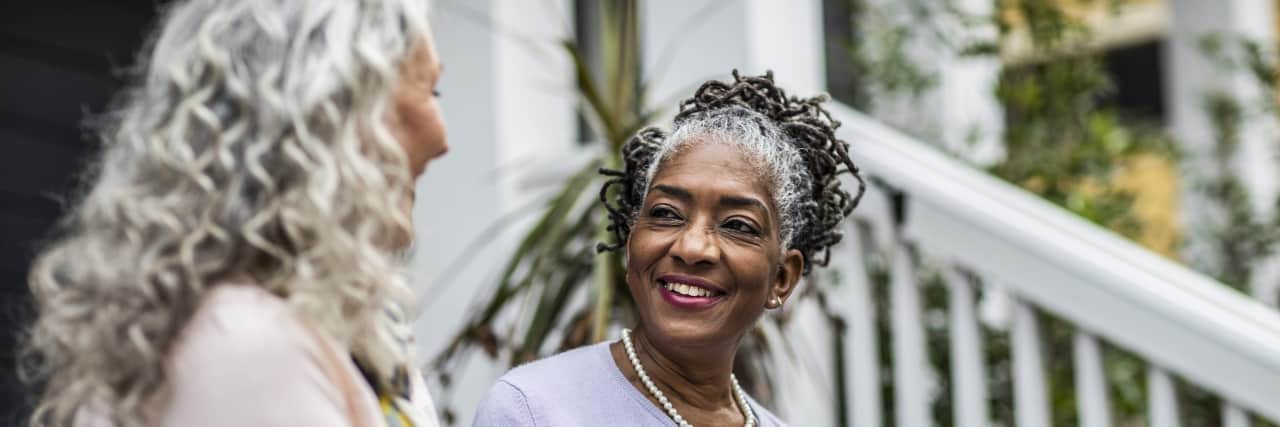My relationship with gratitude and chronic illness is complicated. It’s hard to be grateful for something that has upended my life on more than one occasion, so I do not try to force it. (No, thank you, toxic positivity!) And yet I can also say that my chronic illness has caused me to confront some big issues and has sharpened my focus on what’s important and worth my energy and time.
Many chronic illness warriors are familiar with spoon theory and the idea that chronically ill people do not have boundless energy or as many usable hours in the day as able-bodied individuals; pushing ourselves can lead to flares and even more lost time. What I’ve learned about myself over the past year is that I used to spend a lot of energy and time on people and in places that didn’t bring me joy or fulfillment; I simply showed up because I was too polite to say “no” or stand up for myself and what I really needed. Now that my energy is truly limited and unpredictable, I’m learning the importance of honoring myself and my needs.
When I spend time with someone, I am actively choosing them and am most often accepting that that hang-out session, chat, lunch, or dinner will likely result in a rise in symptoms. This grim reality has led me to re-evaluate and cultivate my circle of loved ones and friends. I think about Brené Brown a lot, particularly her words on friendship. She writes:
“I carry a small sheet of paper in my wallet that has written on it the names of people whose opinions of me matter. To be on that list, you have to love me for my strengths and struggles.” –Brené Brown, “Daring Greatly: How the Courage to Be Vulnerable Transforms the Way We Live, Love, Parent, and Lead“
I don’t have a literal list of names in my wallet, but I do have them in my heart. These are the epic humans willing to show up and sit in the middle of the mess with me, hear me, hold me, and see me for my authentic self. They are the people who don’t rely on empty platitudes as a crutch and instead accommodate my needs and show their love for me in concrete ways: taking a rapid COVID test before we meet, making food that takes my dietary restrictions into account, offering to give me a ride, researching my condition, and inviting me even when they know I may not be able to attend. My recent favorite moment was when a friend bought me a mini rainbow piñata that I could smash as a symbol of toxic positivity. She didn’t know what to say, but she made me laugh and reminded me that she is one of my friends who truly understands that I won’t “get well soon” or that thinking positively won’t change my situation.
My chronic illness has also brought me new friends that I sought out in support groups. These women have helped me realize so many things, especially that my illness is only one facet of my identity, and reminded me that I am worthy of knowing. They give me the joy and peace that comes with being understood and having a safe place to share fears, tips about procedures, and the trials of daily living with chronic illness.
I guess what I’m trying to say is my chronic illness has caused me to examine my friendships — the ones that will likely stick and the ones that will likely fade away — and even though I’ve had my fair share of pain and disappointment this year, I can’t help but look around at who is still here and feel deeply grateful. Because the ones who have remained make me feel seen, heard, and protected, and I can’t ask for more than that. Even though I would’ve never actively chosen this journey, it is the one that I am on and it has helped me learn about myself and the beauty of friendship, at least the real kind.
Getty image by Momo Productions

